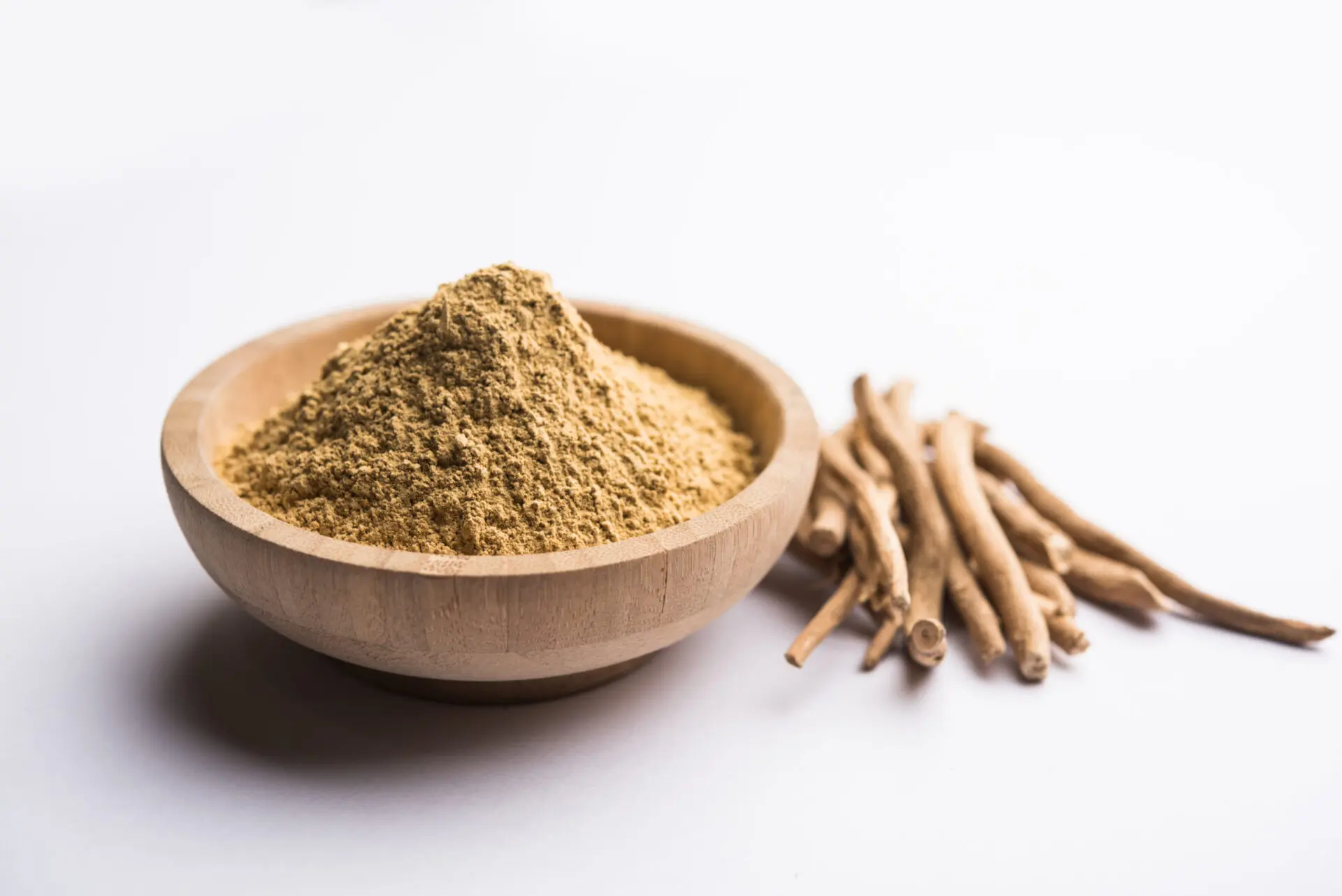Deshpande A, Irani N, Balkrishnan R, Benny IR. A randomized, double-blind, placebo controlled study to evaluate the effects of ashwagandha (Withania somnifera) extract on sleep quality in healthy adults. Sleep Med. August 2020;72:28-36. doi: 10.1016/j.sleep.2020.03.012.
For 10% of people worldwide, nonrestorative sleep (NRS) is associated with poor sleep quality and physical and cognitive fatigue. The pharmaceutical treatments used to improve sleep quality can have adverse effects. Ashwagandha (Withania somnifera, Solanaceae) has been used in traditional Indian Ayurvedic medicine to help with sleep, anxiety, insomnia, and other disorders. These authors conducted a prospective, randomized, double-blind, parallel, placebo-controlled clinical study to evaluate the effect of a standardized ashwagandha extract (Shoden®; Arjuna Natural Private Ltd; Kerala, India) compared with placebo in healthy participants with NRS.
The study was conducted at the International Institute of Sleep Sciences, NEST Hospital, in Thane, Maharashtra, India, with screening of eligible participants taking place between March 2017 and September 2018. Eligibility criteria included age of 18-65 years, a score of 50 or lower (out of 100) on the Restorative Sleep Questionnaire-weekly (RSQ-W), and no use of ashwagandha or any sleep medicine within the previous year. Anyone with severe sleep apnea, moderate to severe restless leg syndrome, narcolepsy, or untreated depression was excluded.
During screening, everyone completed the Snoring, Tiredness, Observed apnea, high blood Pressure-Body mass index, Age, Neck circumference, Gender (STOP-BANG), RSQ-W, and World Health Organization Quality of Life (WHOQOL)-Bref questionnaires and underwent blood draws for safety analysis. Each participant wore an Actiwatch (Actigraph Corporation; Pensacola, Florida) to monitor sleep and wake patterns for seven days. On day 8 of the study (baseline), 154 eligible participants were randomly assigned to the ashwagandha group or the placebo group, with 77 in each group. The participants were instructed to take two study capsules daily, about two hours before their evening meal, for six weeks. Each 60 mg ashwagandha capsule was standardized to contain 21 mg of withanolide glycosides. Matching placebo capsules contained 60 mg of rice (Oryza sativa, Poaceae) powder.
The primary efficacy measure was the mean percent change in total RSQ-W score at the end of the study. The secondary outcome measures were mean percent changes in sleep actigraphy parameters and scores on the WHOQOL-Bref scale.
Two participants in the placebo group and four participants in the ashwagandha group were lost to follow-up. Five participants in the ashwagandha group and four participants in the placebo group had other medical disorders. Four participants took oral antidiabetic medicine; two took medicine for hypertension; one had untreated arthralgia; one had untreated elephantiasis; and one had untreated hypercholesterolemia.
After 42 days of treatment, results of the RSQ-W revealed that sleep quality improved by 72% in the ashwagandha group and by 29% in the placebo group (P < 0.001).
Actigraphy results, recorded on days 15, 22, 29, and 43, indicated increased total sleep time (TST, P < 0.001) and sleep efficiency (SE, P < 0.0001) in the ashwagandha group at the end of the study compared with baseline. In that same group, significant decreases were seen in sleep latency (SOL, P < 0.001), wake after sleep onset (WASO, P < 0.0001), and average awakening time (P < 0.001). Between-group comparisons revealed that the differences reflected by the increase in TST in the ashwagandha group and a significant decrease in TST in the placebo group (P < 0.01) were significant at the end of the study (P < 0.001). Further, the scores for SOL (P < 0.01) and WASO (P < 0.05) were significantly lower and the score for SE was significantly higher (P < 0.01) in the ashwagandha group compared with the placebo group.
The WHOQOL-Bref scores reflected significant improvements in the domains of physical (P < 0.001), psychological (P < 0.001), and environment (P < 0.01) in the ashwagandha group. The improvements in those domains were greater in the ashwagandha group than in the placebo group. All safety parameters remained within normal limits in both groups. The four adverse effects reported in the placebo group and six adverse effects reported in the ashwagandha group were mild and unrelated to the treatment.
In this study, the daily supplementation of 120 mg of ashwagandha extract improved the overall quality of sleep in healthy participants with NRS. “The ashwagandha extract used in this study can be considered as a useful supplement to promote healthy sleep patterns, and restful sleep,” the authors write.
The study was partially funded by Arjuna Natural Private Ltd, which provided the ashwagandha and placebo capsules. The authors declare no conflicts of interest.
—Shari Henson
Article originally posted by American Botanical Council
http://herbalgram.org/resources/herbclip/issues/issue-662/ashwagandha-improves-sleep-quality/










